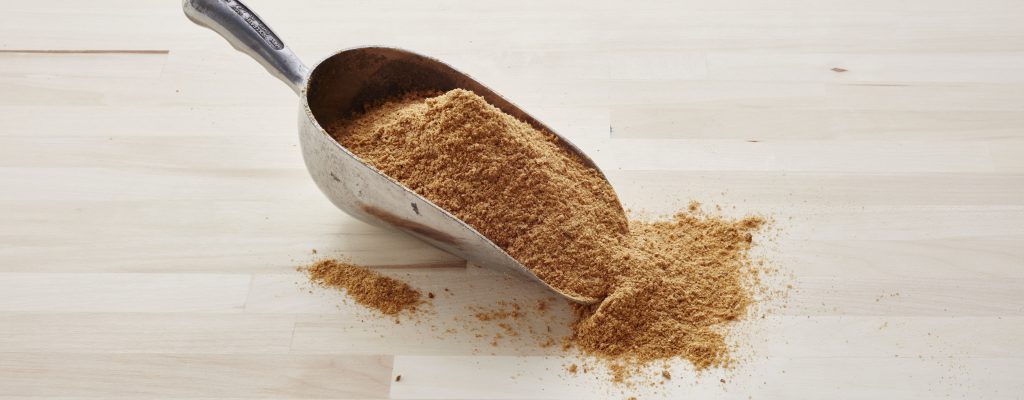
News
Industry update
Feeding and Nutrition
Sustainability
Millennial Salmon Project to investigate alternative fish feed ingredients
August 30, 2021 By Nestor Arellano
 (Image: Nofima)
(Image: Nofima) Aquaculture research organizations and feeds companies are banding together to launch a research project that aims to accelerate the development of the farmed salmon industry. The goal of the four-year project is to create the most sustainable-farmed salmon using novel ingredients from the circular economy and with a low carbon footprint while addressing the need for living healthy.
The Millennial Salmon Project is primarily funded by the Research Council of Norway and made up of leading organizations, Nofima, InnovaFeed, Corbion Algae Ingredients, Cargill, SINTEF Ocean and Auchan.
Back by a €1.3 million budget, the project will study two alternative feed ingredients – protein-rich, insect-based feed ProtiNova from InnovaFeed, and algae-based omega-3s, AlgaPrime DHA from Corbion, both of which offer minimal land use.
The Millennial Salmon Project will work to provide by 2025 an integrated solution to salmon farmers that balances the raw material for fish feed.
“This project is one critical piece to pave the way for a healthier and more sustainable salmon. We are pleased to collaborate with leading organizations across the value chain,” according to says Katerina Kousoulaki, project leader and senior scientist at Nofima. “By joining forces, we are accelerating the innovation in the sector to find new solutions to increase the flexibility in the choice of sustainable raw materials for future fish feed.”
The United Nations Food Agriculture Organization (UN FAO) predicts the world will reach nine billion people by 2050 and with its +5 percent year-over-year1 production growth, aquaculture is expected to play a critical role in assuring global food security. The FAO is urging the industry to produce more nutritious food using less resources, emitting lower carbon dioxide emissions and protecting biodiversity and the resilience of ecosystems.
Print this page